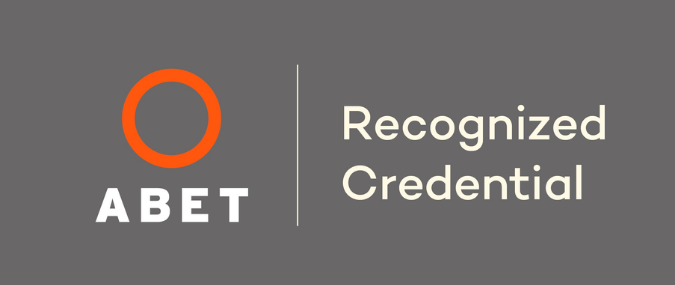

This program has satisfied ABET’s Credential Recognition Standards for quality.
View Important Policies and System Requirements for this course
Interested in registering 5 or more engineers for a course? Contact us for information and rates.
INSTRUCTOR:
Douglas D. Gransberg, Ph.D., P.E., F.ASCE
Purpose and Background
Responsive written proposals must be submitted for many types of civil and construction engineering contracts. The content can vary from merely filling out an owner-developed form to furnishing a conceptual design approach for a specific project. Competitive proposals generally require proposers to identify and propose betterments to the minimum requirements listed in the request for proposals (RFP).
This course teaches the fundamentals of proposal development for both design and construction services. It covers both negotiated and competitive sealed proposals. It focuses on the analysis of the RFP to determine the owner’s needs and preferences, which then forms the basis for the proposal’s strategy.
Benefits and Learning Outcomes
Upon completion of this course, you will be able to:
- Identify the key elements of a proposal preparation strategy and apply that to the plan for meeting requirements and offering betterments.
- Demonstrate the application of effective written communications in the development of a written proposal.
- Describe the process of preparing a statement of qualifications (SOQ) in response to a request for qualifications (RFQ).
- Describe the process preparing a technical and price proposal in response to an RFP.
Assessment of Learning Outcomes
Achievement of the learning outcomes by attendees will be assessed through a final exam.
Who Should Attend?
- Design and construction project managers and their technical support staff.
- Entry-level and experienced engineers.
- Federal engineering and construction agency employees.
- Municipal public works department employees, design consultants, construction managers.
- Professionals employed by public and private owners.
- Contracting and legal personnel
- State DOTs
Pre-requisites
The course is designed for both entry-level and experienced engineering, design, and construction professionals as well as those who are employed by public and private owners.
Course Outline
Module 1: Fundamentals of Proposal Preparation
Lesson 1.1 = Introduction
Lesson 1.2 = Overview of proposal elements – this video contains a short quiz
Lesson 1.3 = Analyzing the RFP – this video contains a short quiz
Lesson 1.4 = Mapping the SOQ to the RFQ
Lesson 1.5 = RFP Analysis Case Study
Learning Exercise
Module 2: Proposal Development and Pursuit Strategy
Lesson 2.1 = Introduction
Lesson 2.2 = Understanding the award scheme – this video contains a short quiz
Lesson 2.3 = Developing a pursuit strategy – this video contains a short quiz
Lesson 2.4 = Developing a proposal plan
Lesson 2.5 = Myths, blunders, and mistakes in SOQ preparation
Learning Exercise
Module 3: Responsive Technical Proposals
Lesson 3.1 = Introduction
Lesson 3.2 = Proposal scope of work – this video contains a short quiz
Lesson 3.3 = Mapping the technical approach to RFP – this video contains a short quiz
Lesson 3.4 = Proposal breakdown matrix
Lesson 3.5 = Myths, blunders, and mistakes in technical proposal
Learning Exercise
Module 4: Price Proposal Preparation
Lesson 4.1 = Introduction
Lesson 4.2 = Top-down estimates for construction – this video contains a short
Lesson 4.3 = Functional level estimate for design – this video contains a short quiz
Lesson 4.4 = Contingencies and risk
Lesson 4.5 = Price proposal case study
Learning Exercise
Module 5 = Final Exam
How to Earn your CEUs/PDHs and Receive Your Certificate of Completion
This course is worth .5 CEUs/5 PDHs. To receive your certificate of completion, you will need to complete a short on-line post-test (final exam) and receive a passing score of 70% or higher.
How do I convert CEUs to PDHs?
1.0 CEU = 10 PDHs [Example: 0.1 CEU = 1 PDH]

The Introduction to Proposal Preparation credential satisfies ABET’s Credential Recognition Standards for quality.